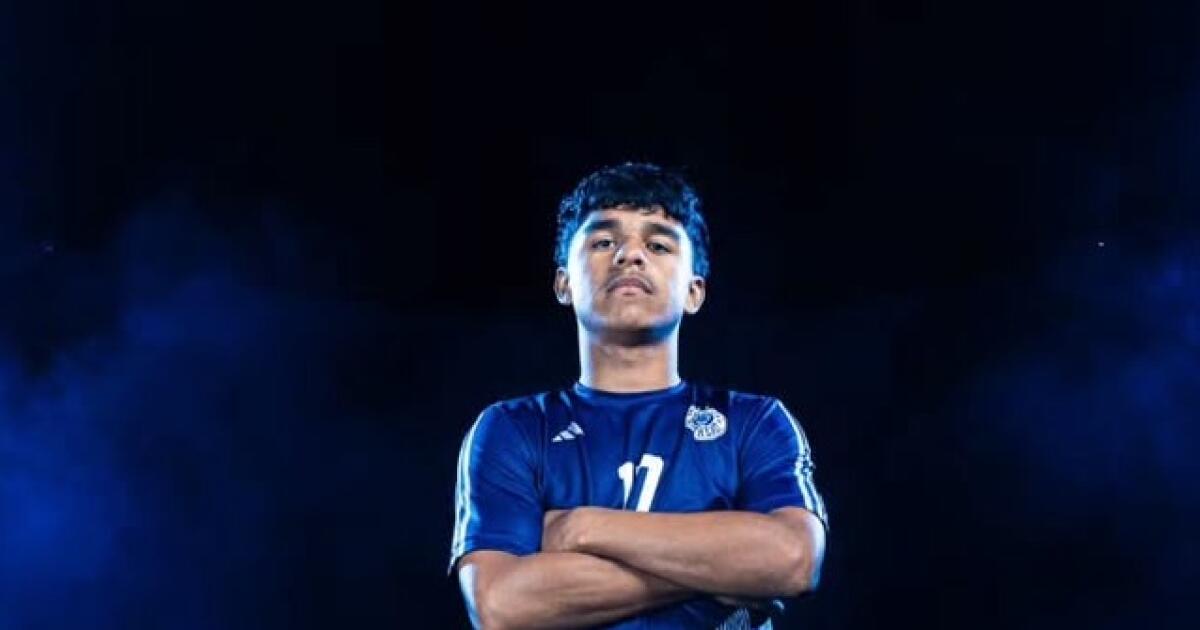Prep talk: South East soccer team is ignited by Nathan Castrejon
How good is senior Nathan Castrejon scoring goals for South East’s soccer team?
Coach Felipe Bernal said, “His strength and speed gets him through like Mbappe of Real Madrid. That’s the way I see him at this level.”
Castrejon, 5 feet 10, 160 pounds, entered this week with 38 of South East’s 90 goals. South East has its best chance to win a City Section title since it won in a big upset in 2022. This season would be no upset, since the Jaquars are 16-1-3.
Bernal has so many players with the first name of Nathan that he has to call them by their last name. Besides Castrejon, there’s Nathan Medina, who has eight goals, and Nathan Vargas, a backup goalie who has filled in well while the starter was sick.
“We’re a complete team this year,” Bernal said.
One of the most interesting players is 5-4 David Velasco. “The kid gets the job done,” Bernal said. “He’s amazing.”
Velasco has 11 assists.
South East is 6-0-1 in the competitive Eastern League that includes longtime power Bell.
This is a daily look at the positive happenings in high school sports. To submit any news, please email eric.sondheimer@latimes.com.
